L'Argent: The Masters of Cinema Series
Introduction
L'Argent is an adaptation of Emile Zola's novel of the same name, and is an epic tale of greed, corruption and deceit.
Businessmen Saccard and Gunderman lock horns when Gunderman nearly destroys Saccard by manipulating the stock markets. Saccard vows to bring his bank back from near ruin and make it better than before.
Naïve aviator Hamelin is convinced by his wife, Line, to prospect for oil in French Guiana to make them rich and suggests approaching Saccard to finance the scheme. Sensing an opportunity to make some money and get one over on Gunderman, he agrees. With Hamelin away, Saccard makes advances towards Line, who is corrupted by the attention and money he lavishes on her. However, Saccard is living beyond his means pursuing not only Line, but also the glamorous and manipulative Baroness Sandorf who, together with Gunderman, is using Line to bring him down.
Video
The picture is better than I expected, undoubtedly there has been some restoration work done, with this transfer taken from the original negative and presented in the director's cut. Unsurprisingly, there are scratches and other blemishes evident, but hey - the film is 80 years old! Fortunately this version has the correct frame rate as previous versions were either too fast (24 fps) or too slow (18 fps); this is based on a supervised version at 20 fps, as it was in the late 1920s.
The cinematography is superb - Marcel L'Herbier used some ground breaking techniques, including suspending cameramen on wooden railed platforms hung from the ceiling and lowering a rotating camera on a rope into the centre of the Bourse. That sequence used an astonishing 1,500 extras and 18 cameras and the entire mise-en-scène is stunning with some terrific set design and lighting - the film undoubtedly benefits from the skill of Jules Krüger, the cinematographer on Abel Gance's Napoléon.
Audio
There was no proper score written for L'Argent so, for this version, composer Jean-François Zygel made an entirely new and improvised piano accompaniment, which is very good and conveys the emotion and beat of the film very well. It is available in Dolby Digital 5.1 or 2.0 Stereo and both are fine, though, as it's front-loaded, the 5.1 isn't absolutely necessary.
The intertitles are very good, with no grammatical or spelling errors.
Extra Features
Jean-François Zygel provides an interesting, optional, introduction.
About L'Argent, Jean Dréville's 1928 film, shows plenty of behind the scenes footage and is perhaps the very first "making-of" and contains his narration from 1971. A fascinating look at L'Herbier in action.
Marcel L'Herbier: Poet of the Silent Art is an interesting 54 minute documentary containing interviews with his daughter and film historians and experts.
The archival footage of Brigitte Helm's arrival in Paris is a far cry from how film stars are greeted 80 years on.
There are 17 minutes of screen-tests featuring 8 cast members.
Accompanying Silent Cinema is a 7 minute piece on the musical where Zygel talks about his accompaniment to the film.
A demonstration of L'Herbier's innovative sound techniques in the Stock Exchange sequence is included, where aircraft and crowd noises were added by playing 78rpm records in the theatre.
An 80-page booklet is included and is a terrific read with an essay by Richard Abel, a scholar of French film, a series of interview excerpts with Marcel L'Herbier and some extracts of reviews from the time. The book also contains plenty of photos and film stills; it is a terrific companion piece.
Conclusion
I thought I was fairly knowledgeable about silent film, but I had never come across Marcel L'Herbier's work before. L'Herbier is recognised as one of the great directors of the silent era and L'Argent was his final silent film before he went into talkies.
L'Argent is a fantastic silent epic, different to its contemporaries from around the World and a marvellous cinematic achievement. The acting is superb, with great performances from all the main cast, especially Brigitte Helm and Alfred Abel (both fresh from the set of Metropolis), with Marie Glory and Pierre Alcover also extremely impressive. The film benefits from its massive budget, 3 million francs which had swollen to nearly 5 million by the time shooting finished. I can see why L'Herbier and this film are so highly regarded - hopefully his other major works will be given similar treatment.
I found it very interesting, both as entertainment and as a work of art. This is a great film and a very good package - a new transfer, a new score and a booklet - well worth the time and money of any cinephile.
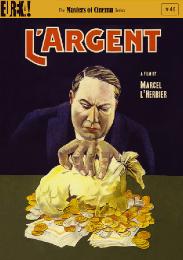
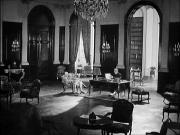
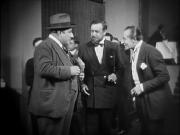
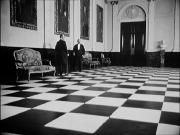
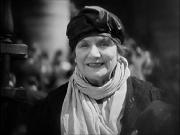
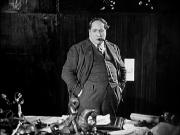
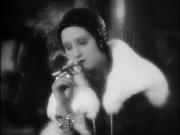
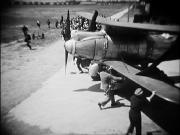
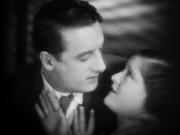
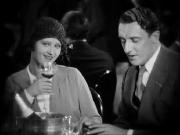
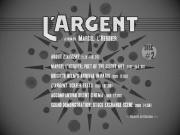
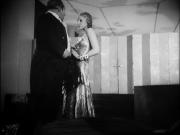
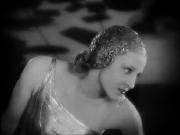
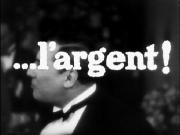
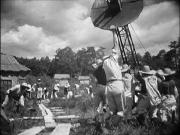

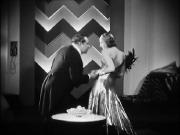
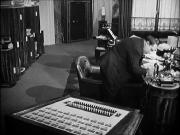
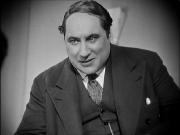
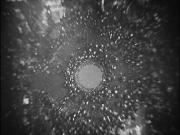




































Your Opinions and Comments
Be the first to post a comment!